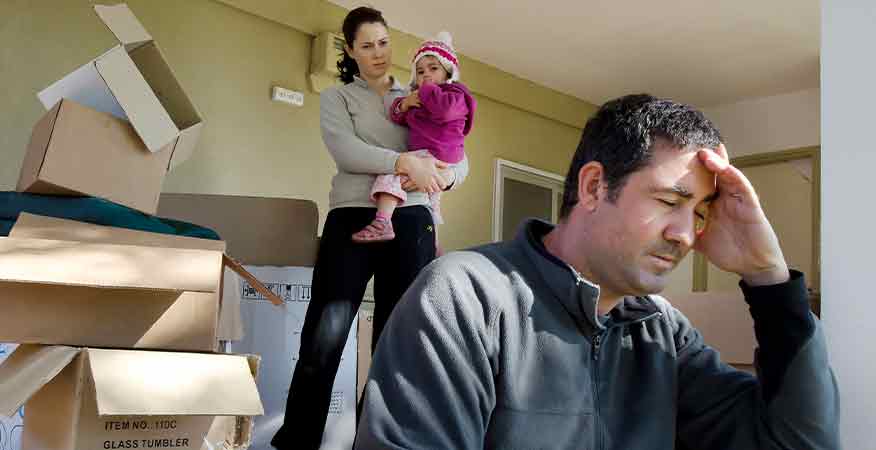What Happens to the Family Home During a Divorce?
For many people, divorce is a challenging and emotionally draining process. One of the toughest decisions involves what to do with the family home. A home is often the most valuable asset for a family and can become a contentious issue during divorce proceedings. It’s essential to understand the potential problems that may arise and the factors to consider when making decisions about the house. Working with an experienced Denver divorce attorney can help you navigate these complex issues with clarity and confidence.
What Are the Options for the Family Home During a Divorce?
When determining what to do with the family home during a divorce, the court can decide between several options:
- Sell the house and divide the proceeds.
- One spouse keeps the house and buys out the other’s share.
- During the pendency of the case, one spouse may be awarded exclusive possession of the home for a specified period of time, usually until the children are grown.
- The court can also order that one spouse remains in the home until the divorce is finalized or until certain conditions are met.
The divorcing parties may also decide to agree on what to do with the property. For example, both spouses could agree to stay in the house as co-owners until certain conditions are met, such as the sale of the home or remarriage.
Do You Need a Property Appraiser for a Divorce?
In some cases, hiring a property appraiser during a divorce is beneficial. A professional appraiser can provide an objective and unbiased opinion as to the fair market value of the home. An appraisal can allow both spouses to agree on the property’s actual value, which can help them reach an agreement without needing to go through lengthy and expensive court proceedings.
What Are the Tax Implications of Selling a Home During a Divorce?
When selling a home during a divorce, it is essential to understand the potential tax implications. Each spouse may be subject to capital gains taxes when they sell their share of the property, which can amount to thousands of dollars in taxes owed. You should consult with a tax professional regarding the tax implications of selling the home.
What Does Equitable Distribution Mean?
Equitable distribution is the term used to describe the division of assets between spouses during a divorce. This concept ensures that each spouse receives their fair share of the assets, including real estate, such as the family home. When determining how to divide marital property equitably, the court will consider several factors, such as each spouse’s financial contributions to the marriage, each spouse’s non-financial contributions, their respective needs going forward, and other factors.
Find the Support You Need
Decisions about the family home during a divorce can be overwhelming and complex. Understanding the potential issues and considering all options before making any decisions is essential. It is also beneficial to seek professional legal advice to protect your interests.
At Philip Goldberg PC, we work with clients throughout the divorce process to protect your interests and rights. We would love to talk with you about your situation, including the steps required to divide a family home during a divorce. Contact us today!


